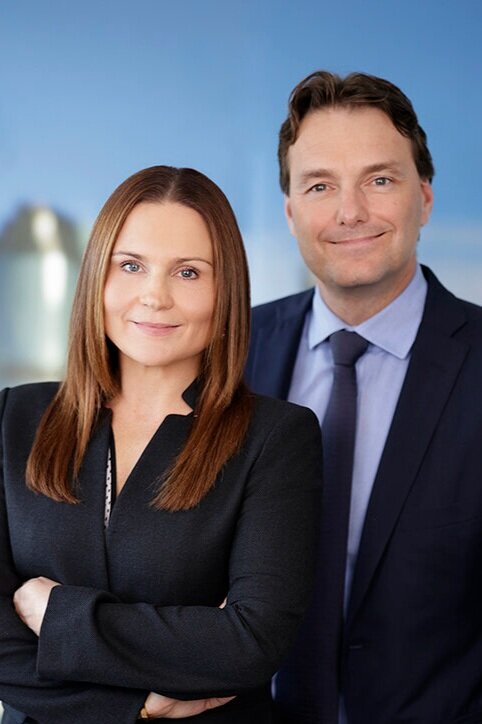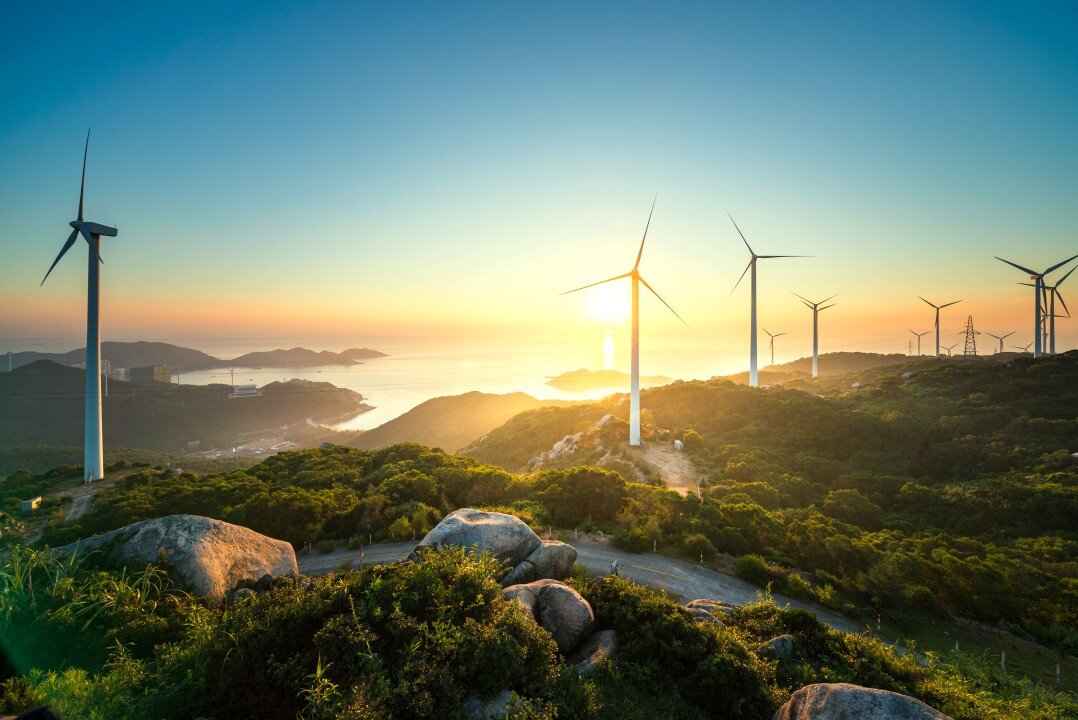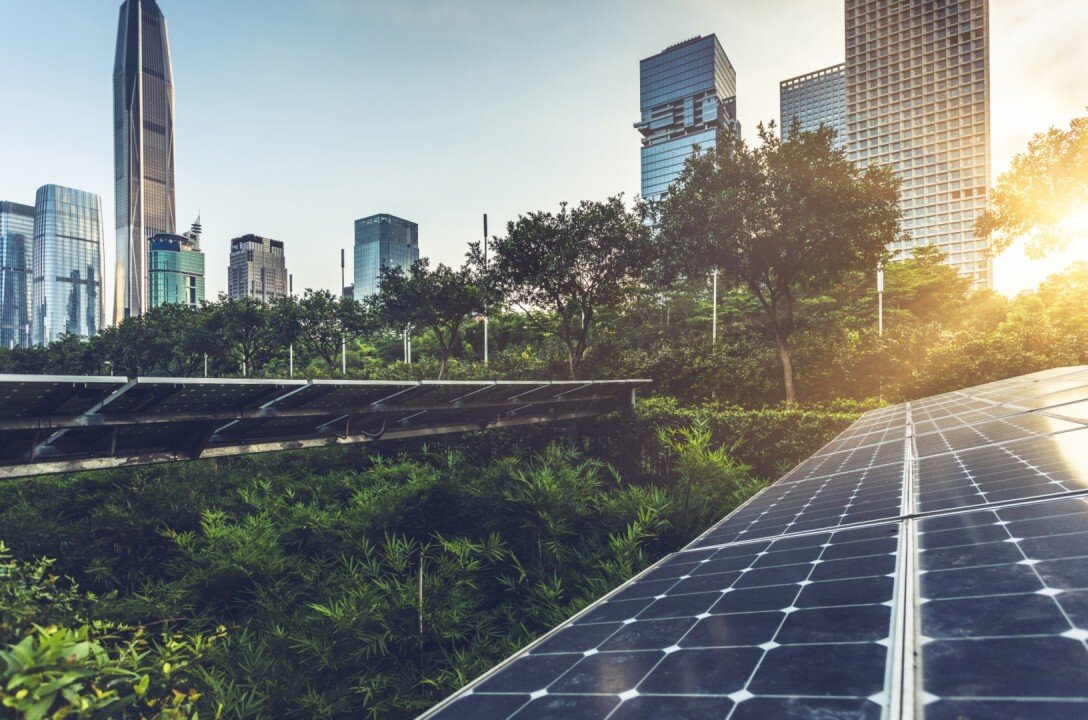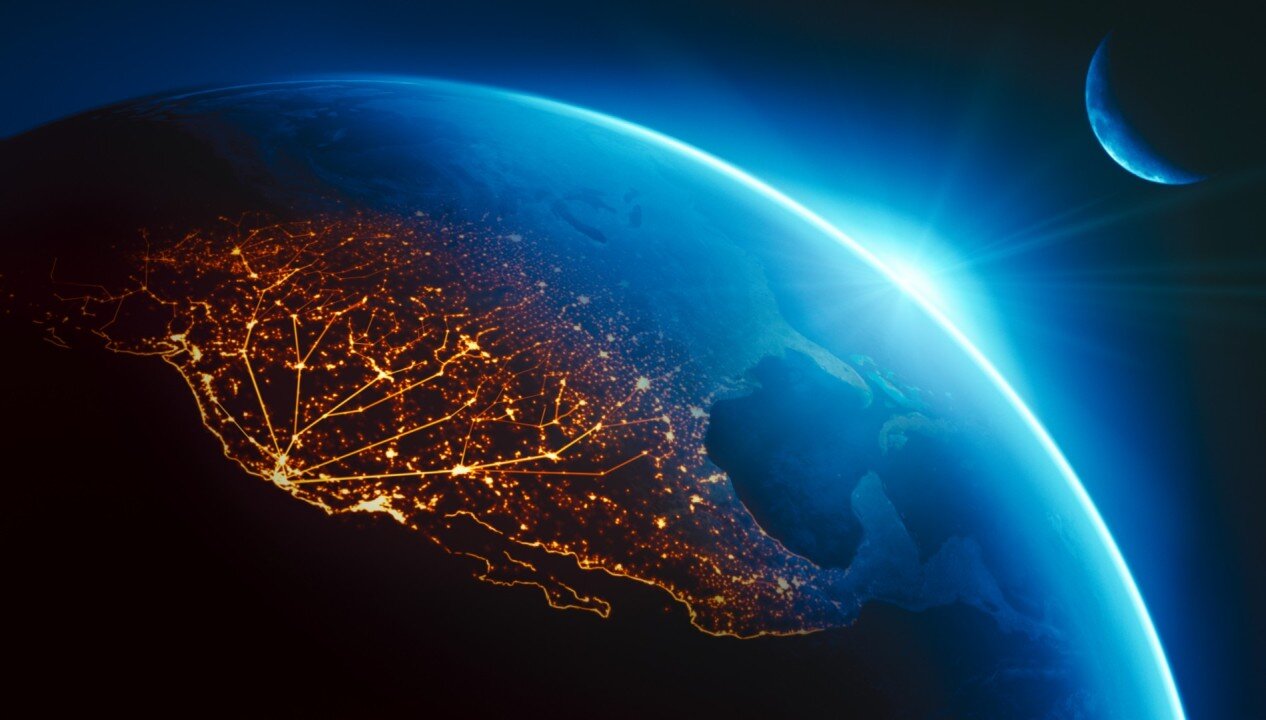OUR INSIGHTS
Methane emissions reduction – A report on international policy and technology insights for the Australian fossil fuel sector
Navigating the Regulatory Journey to Net Zero

Rennie Partners Expands
Rennie Partners leaders Matt and Simone Rennie welcomed Rhiannon Galletti, Zac Forsyth and Hera Wang and acknowledged their strengths in strategic, commercial and regulatory research and analysis – a key plank in the growing capability of the firm as the industry evolves to keep pace with international and national targets and pressure around the journey to decarbonisation and net-zero.

AFR Announces Rennie Partners

Transforming to Net Zero in the NEM
Sometimes it can be hard to detect the pace of change. While political sands tend to shift quietly alongside public sentiment, change which impacts the industrial complex tends to attract a higher noise to movement ratio. History has shown time and again that small changes which re-distribute industrial rents are hard fought.

Will Europe Drive the Transition?
Net-zero targets are a permanent and critical part of the international energy and transport landscape, and Europe is in the midst of change. As of November 2020, every 10th new passenger car sold in Europe was either a pure electric or plug-in hybrid. Europe is at a decisive turning point in achieving 30%–40% EV sales volumes by 2030.

Energy and the 14th China 5-year Plan
Just over three weeks ago, the fifth plenary session of the 19th Communist Party Central Committee was held by the Chinese Communist Party (CCP). Overseen and presided over the Chinese General Secretary Xi Jinping, the plenary session has two overarching functions – to take stock of the outcomes and results of the previous 13th five-year Plan spanning 2016 to 2020, and to consider a proposal for a 14th 5-year plan from 2021 – 2025.

Has Hydrogen’s Time Come?

Critical Questions for Battery Storage Investments
In 2017, a series of tweets were exchanged between the Premier of South Australia, Elon Musk, CEO of Tesla and Mike Cannon-Brooks, CEO of Atlassian, in a conversation which led to the 100-day build of what was then the largest battery in the world – a powerpack system with 100 MW of capacity.

Heavy Vehicles and Hydrogen - a closer look

Thinking Differently about Energy

Water Strategy in a Changing World
Jacques Yves Cousteau wrote once that, as a society, “we forget that the water cycle and the life cycle are one”. Indeed we do, and often. Keeping one step ahead of a society’s demand for water is an obligation shared by a small number of people in our society, and within that sub-section of management within water utilities are an even smaller number of those with the time and responsibility for strategy setting. As society changes, so too our appetites and needs. Predicting these with reasonable confidence is no easy feat.

The missing blueprint to Australia’s energy transition
Australia has always been an energy superpower. Our land has been blessed with bountiful amounts of natural resources that can be turned into electricity – from sunshine in our tropical north and desert interior, wind on the NSW tablelands and southern coastlines, coal from the Hunter, gas from NSW and Queensland and uranium from the Northern Territory and South Australia.

From Strategy to Execution amid the Energy Transition
The way in which we generate and use electricity is changing, but there are some first-order realities that we need to accept. Firstly, we cannot have more than 50% of our energy produced by renewables unless we have either rotating inertia available (coal, gas or hydropower plants), or we are able to overcome the current gaps in communications speeds that make large numbers of interconnected batteries unable to bridge the gap.

Blood Through New Veins - The New Era of Transmission Competition
With disruption emerging on so many fronts in the electricity sector, it is inevitable that transmission will be impacted. One plausible disruption is the threat of increased competition in transmission connection services.


